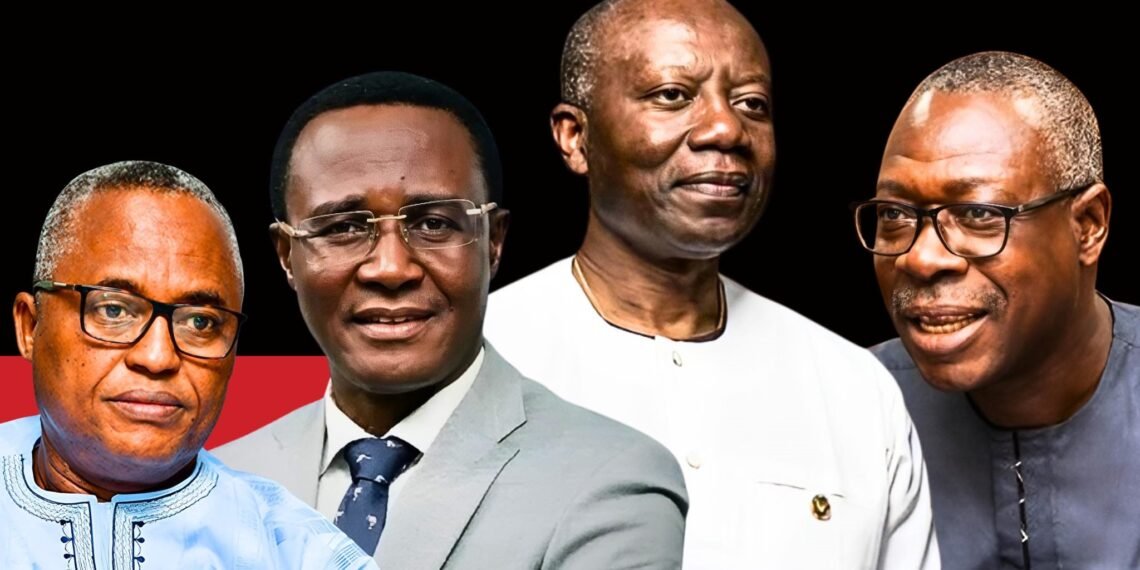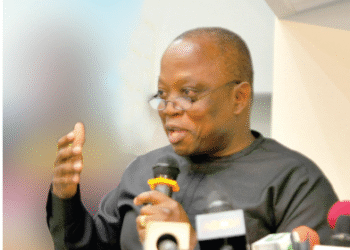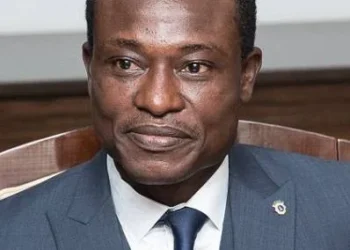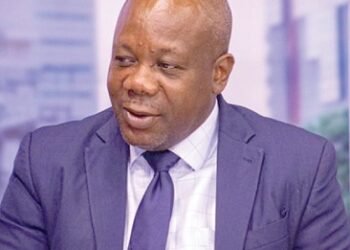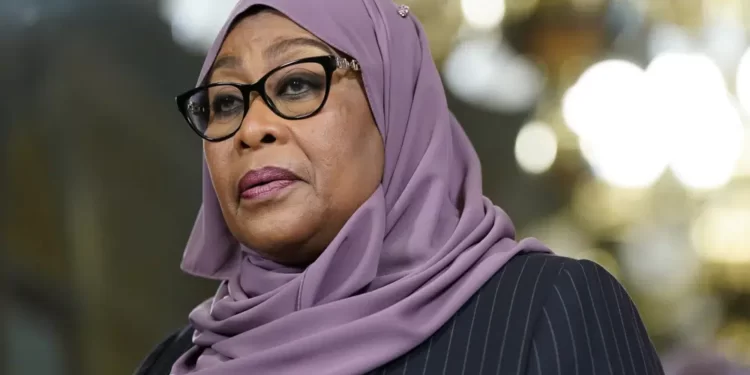The unfolding details of the ₵1.4 billion Strategic Mobilization Ghana Limited (SML) scandal have reignited calls for stronger accountability mechanisms in the management of public finances.
Kay Codjoe, a Volunteer Associate at the IMANI Center for Policy and Education, has described the revelations as a betrayal of public trust, demanding swift and decisive prosecution of all individuals and institutions implicated in what he called a clear case of structured looting under official supervision.
“When you sit in traffic from Kasoa to Accra, you may wonder why the same road that serves thousands every morning still floods after every rainfall. You may also wonder why the same potholes keep reappearing.
“Then you learn that a private company, created three weeks after a new Finance Minister took office, received about ₵1.4 billion, roughly one hundred and twenty million dollars ($120 million), of public money for work that was never done.”
Kay Codjoe, Volunteer Associate at IMANI Center for Policy and Education
The scandal traces back to 2017 when SML, a newly registered company with no prior experience in customs or petroleum auditing, was awarded lucrative contracts by the Ghana Revenue Authority (GRA) for services that investigations have revealed were neither properly procured nor effectively executed.
Incorporated on 14 February 2017, just three weeks after a new Finance Minister assumed office, SML’s swift rise to multi-billion-cedi contracts immediately raised eyebrows among governance watchers.

According to findings from the Office of the Special Prosecutor (OSP), SML received approximately ₵1.4 billion—about $120 million—under contracts that were not approved by the Public Procurement Authority (PPA) or Parliament.
Payement for No Work Done
The OSP report stated bluntly that “the state paid for work that did not exist.” Despite lacking any demonstrable capacity or technology, SML was embedded into operations already being handled by West Blue Ghana Limited, which had been lawfully contracted to run the National Single Window system.
“When West Blue stopped sharing its data, SML’s operations halted, yet payments continued. In 2019, the GRA extended SML’s expired arrangement directly, without parliamentary approval or procurement clearance.
“In April that year, a new contract was added for external price verification. Again, there was no approval and no evidence of performance”.
Kay Codjoe, Volunteer Associate at IMANI Centre for Policy and Education
The OSP’s investigation revealed that even when SML repeatedly requested access to data it needed to function, funds kept flowing—often upon direct authorization from the Finance Ministry.
In one instance, on November 30, 2020, a payment of ₵65 million was approved for SML from the Petroleum Revenue Account for audit services already being performed by the National Petroleum Authority (NPA).

By December 2024, total payments to SML had reached approximately ₵1.4 billion. According to Kay Codjoe, both the OSP’s report and an independent audit by KPMG found no verifiable evidence of value-for-money, no lawful procurement process, and no measurable deliverables.
The contracts—two of which were signed by a retired Commissioner-General and later extended by his successor—were deemed “void ab initio,” meaning they had no legal standing from inception.
Kay Codjoe of IMANI argued that the scandal reveals a systemic failure in Ghana’s governance architecture, where institutions “collude or look away while public resources are siphoned under the guise of technical contracts.”
The OSP’s report named several public officials believed to have played roles in the scandal, including former Finance Minister Ken Ofori-Atta, former GRA Commissioners Emmanuel Kofi Nti and Ammishaddai Owusu-Amoah, and former Customs Commissioner Isaac Crentsil, who later became SML’s General Manager. SML’s owner, Evans Adusei, was also listed among the key beneficiaries.
In a statement following the release of the report, the OSP confirmed that it will initiate criminal proceedings against all implicated persons and move to recover the full sum of the ₵1.4 billion unlawfully paid.
Moral Test for Ghana’s Leadership
For Kay Codjoe, the state must not only recover the funds but also demonstrate thorough action that no official, however powerful, is beyond the reach of justice. He stressed that this case is not merely a financial scandal but a moral test for Ghana’s leadership.
“₵1.4 billion is not just a number on paper. It represents hospitals unbuilt, roads unrepaired, and classrooms still overcrowded. It is the difference between progress and decay.”
Kay Codjoe, Volunteer Associate at IMANI Centre for Policy and Education
He noted that such an amount could have built at least ten regional hospitals with modern maternity and emergency units, rehabilitated over 3,000 kilometers of feeder roads, or completed the cardiac center at the Komfo Anokye Teaching Hospital (KATH).
“It could have changed lives. But instead, it went to a company the procurement authority rejected three times”.
Kay Codjoe, Volunteer Associate at IMANI Centre for Policy and Education
Kay Codjoe described the episode as a symptom of Ghana’s weakened public accountability systems, where politically connected individuals treat public resources as personal entitlement. “While teachers buy chalk with their own money and hospitals run out of gloves, millions of cedis are being wired to companies for phantom work,” he stated.

He commended the OSP for its thorough investigation, noting that it had done the hard part — tracing the funds, naming the officials involved, and documenting the breaches.
“What remains now is for the state to act. Accountability should not depend on political convenience. If this case is ignored, it will confirm the belief that corruption in Ghana is not a crime but a privilege.”
Kay Codjoe, Volunteer Associate at IMANI Centre for Policy and Education
Codjoe urged the government and relevant institutions to recover the funds and prosecute those responsible, warning that failure to do so would further erode public trust in governance. “Until these funds are recovered and those responsible held accountable, Ghana will continue to pay the price for looking away,” he concluded.
READ ALSO: Fiscal Responsibility Act Will Sustain Macroeconomic Gains – ISSER Director

